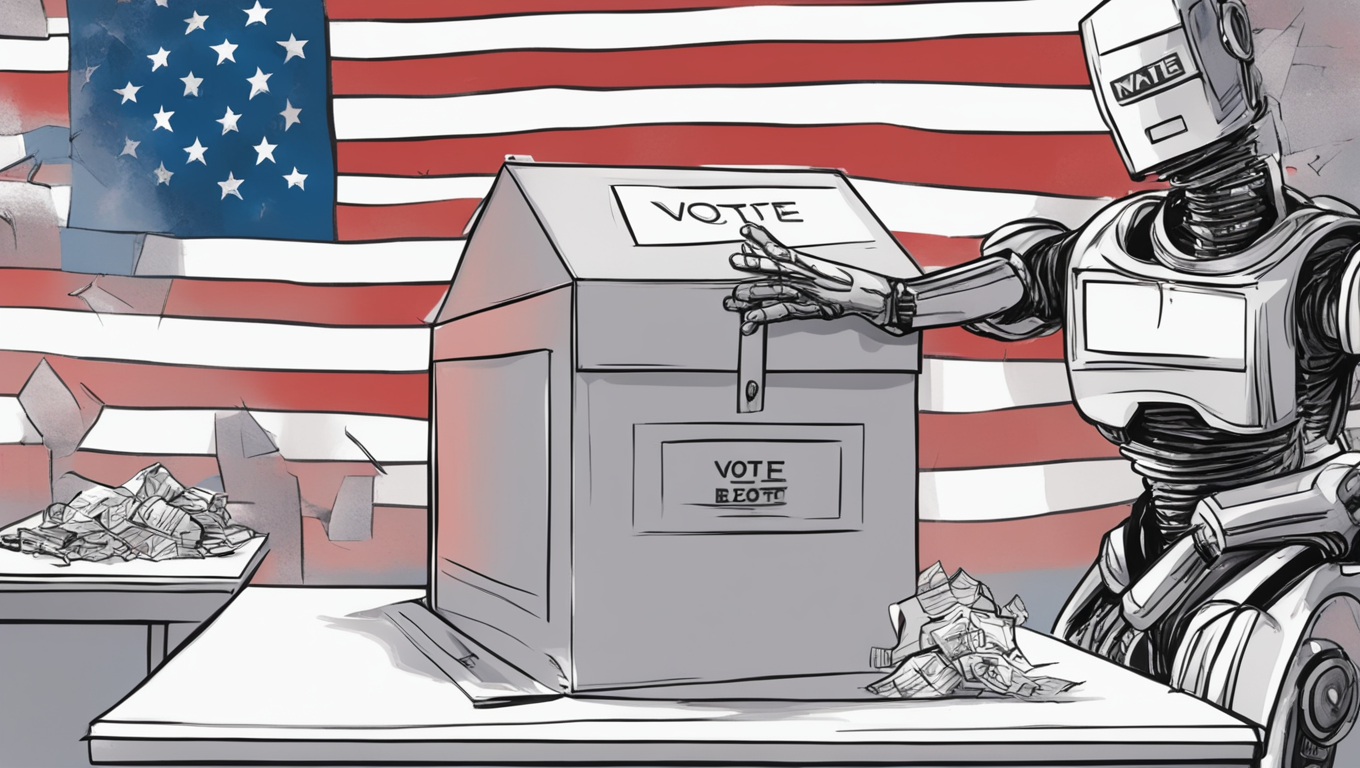In a recent development, the Indian government has taken a proactive stance in combatting the rising threat of deepfakes and misinformation on social media platforms. The Ministry of Electronics and Information Technology (MEITY) has issued an advisory to all intermediaries, urging them to comply with existing IT rules. This comes amidst growing concerns over the spread of false information powered by artificial intelligence (AI).
The advisory requires digital and social media platforms to clearly and precisely communicate prohibited content, as specified under the IT Rules, to their users. This means that platforms must inform users about the types of content that are not permitted and the potential consequences for sharing such content. The advisory also emphasizes that intermediaries must ensure that users are aware of the legal provisions, including those in the Indian Penal Code and the IT Act 2000.
According to the advisory, platforms should make an effort to communicate these rules and regulations in the user’s preferred language. They are also obligated to report any legal violations to law enforcement agencies. By enforcing these guidelines, the government aims to curb the spread of misinformation and deepfakes on social media platforms.
Deepfakes, as defined in the advisory, are synthetic or doctored media that use AI to convincingly misrepresent or impersonate someone. These manipulated videos or images have the potential to cause significant harm, spreading false narratives and misleading the public. The recent viral deepfake videos targeting leading actors have raised serious concerns about the misuse of technology and the need for stricter regulations.
This move by the Indian government is an important step in addressing the growing threat of deepfakes and misinformation. By issuing this advisory, they are sending a clear message to social media platforms that they must take responsibility for monitoring and controlling the type of content shared on their platforms. It is a collaborative effort to safeguard the public and maintain the integrity of information disseminated through these channels.
With the advent of AI technology, the spread of deepfakes has become more prevalent and easier to create. This poses a significant challenge in distinguishing between real and fake content, leading to potential damage to individuals and society as a whole. By taking decisive action against deepfakes, the Indian government is setting a precedent for other countries to address this issue and protect their citizens from the harmful effects of misinformation.
Industry experts have lauded this move, recognizing the importance of regulating the spread of deepfakes. “It is crucial for social media platforms to take responsibility for the content on their platforms and work towards preventing the dissemination of deepfakes,” says Dr. Sarah Sharma, an AI ethics researcher. “By clearly communicating the rules and potential consequences to users, we can create an environment that is more accountable and safer for all.”
As deepfake technology continues to advance, it is imperative for governments and social media platforms to remain vigilant and adapt their strategies accordingly. The Indian government’s advisory serves as a valuable tool in addressing the challenges posed by deepfakes. It is a collaborative effort that aims to protect the public and preserve the trust in our digital landscape.
In conclusion, the Indian government’s advisory to social media platforms regarding deepfakes and misinformation is a significant step in combating this growing threat. By enforcing stricter regulations and urging platforms to take responsibility for the content shared on their platforms, the government aims to protect the public from the harmful effects of manipulated media. This move sets a positive example for other countries to follow suit and safeguards the integrity of information in the digital age.





Use the share button below if you liked it.